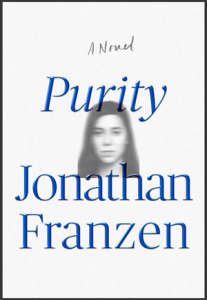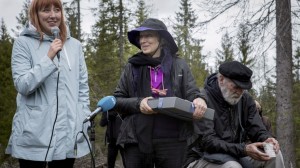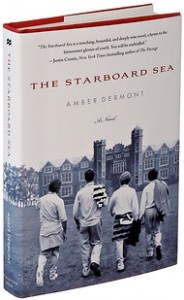Ben’s Hyperbolic Brazos Bulletin
October 6, 2015, by Ben Rybeck
One of the hot spots of Houston’s literary life is Brazos Bookstore. We are thrilled to have Ben Rybeck join An Open Book as a regular contributor to give us an update on all the exciting happenings with the store.
__________
Using the time-honored tradition of exaggeration to combat the notion that only quiet, studious things happen at bookstores
 Here at Brazos, we do many quiet things. We take books off shelves, we put books on shelves, we carry books in our arms, we sit and read books old and new, we take out the trash (usually not full of books), we drink water, we whisper to well-mannered customers about Jonathan Franzen and Alice Munro…
Here at Brazos, we do many quiet things. We take books off shelves, we put books on shelves, we carry books in our arms, we sit and read books old and new, we take out the trash (usually not full of books), we drink water, we whisper to well-mannered customers about Jonathan Franzen and Alice Munro…
But then, sometimes, the store literally explodes (clarification: not literally) with excitement—and by sometimes, I mean this happens always, all the damn time. Consider October, for example, when we’ll host Houston’s own neuroscience rock star David Eagleman (10/8); a poetry night with Nick Flynn, Rachel Eliza Griffiths, and Gregory Pardlo (10/19); and other mind-altering literary luminaries like Sloane Crosley (10/16), Eileen Myles (10/24), and Richard Ford (10/26). Plus, we’ll have works of literary horror on display leading up to Halloween. (If you stare at the display for long enough and say “Brazos Bookstore” three times…well…look out behind you.)
But, as they say on infomercials, wait—there’s more! Here are three highlights of our October programming sure to literally blow your mind, literally (see earlier clarification re: use of the word “literally”). Continue reading






